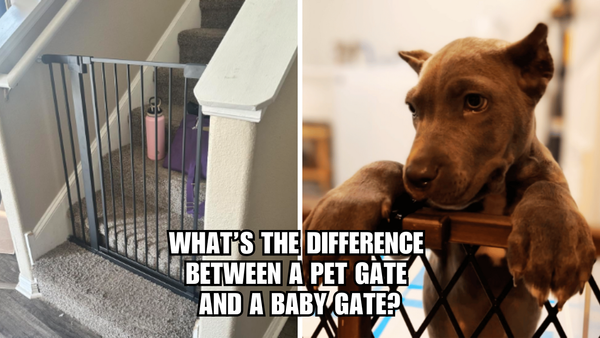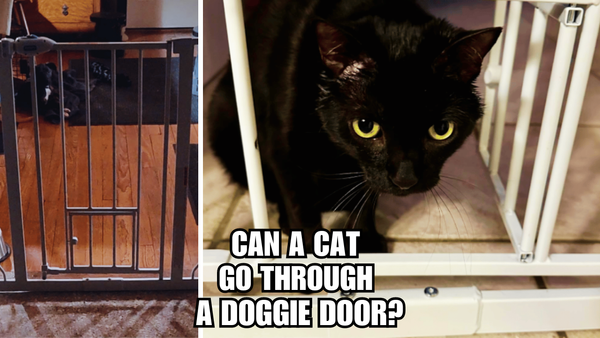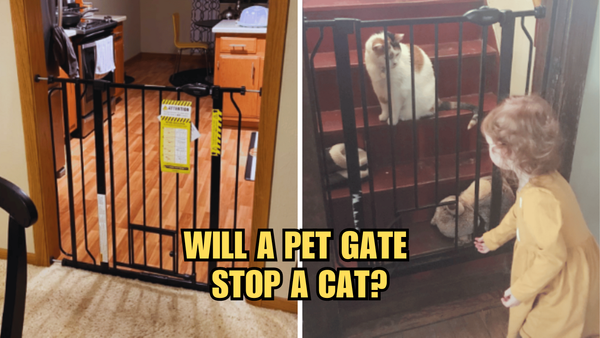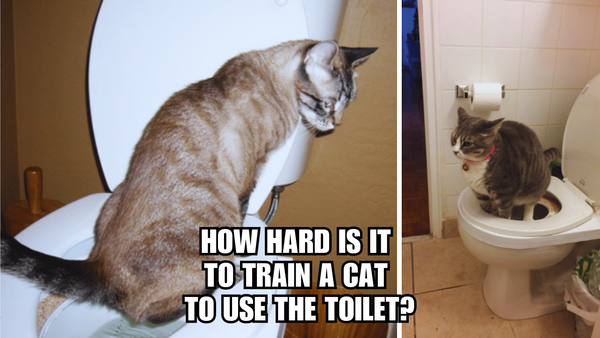Cats are well-known for being fastidious animals when it comes to cleanliness, and using a litter box is an essential part of their hygiene routine. However, if your cat suddenly stops using the litter box or develops a habit of avoiding it altogether, it can be frustrating and worrisome for cat owners. In this comprehensive guide, we will take a closer look at the common reasons why cats stop using the litter box and provide you with some practical solutions to help your furry friend get back to their regular routine.
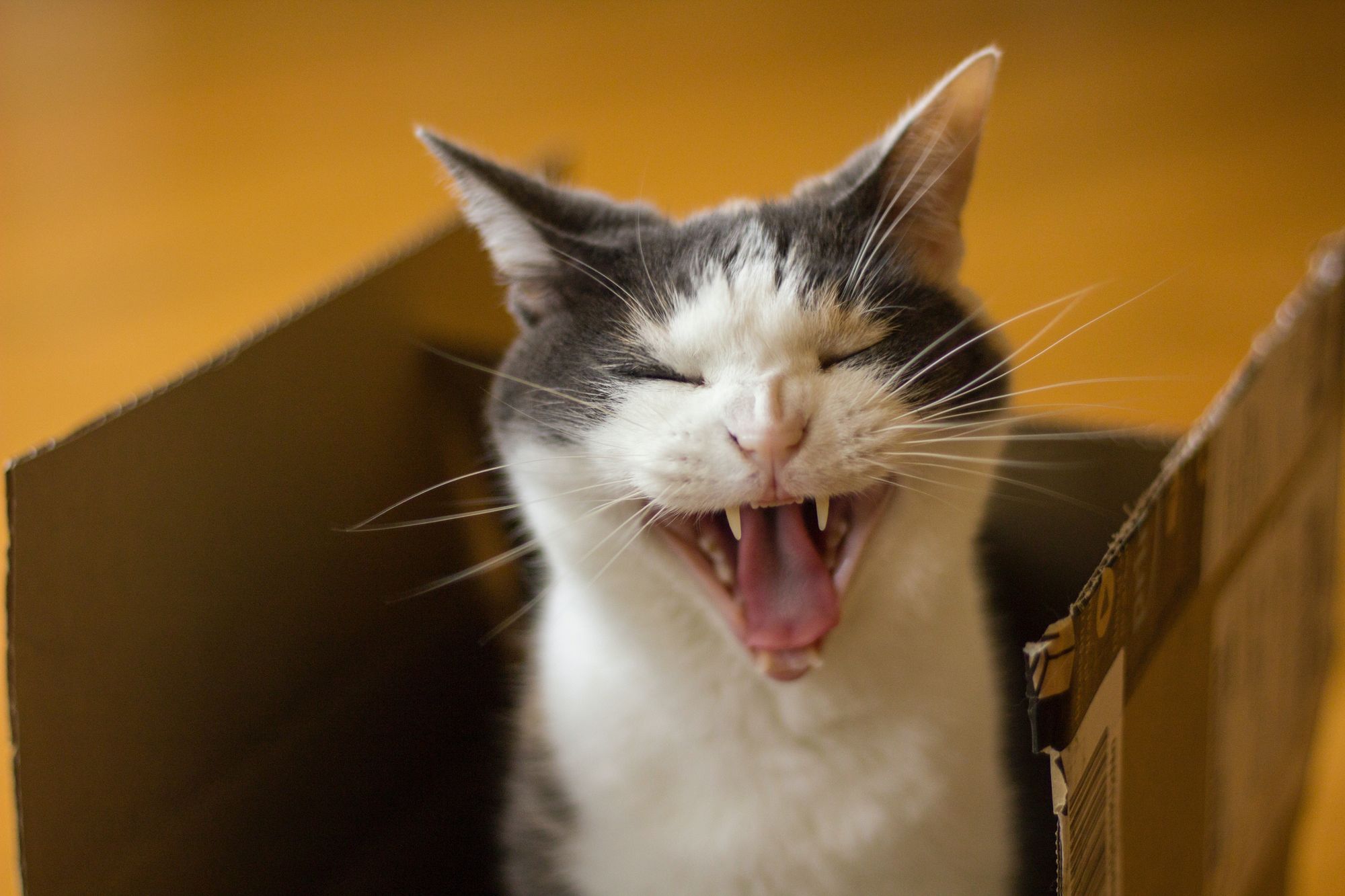
Medical Issues:
The first thing you should do when you notice your cat is not using the litter box is to rule out any underlying medical issues. Several health problems, such as urinary tract infections, kidney disease, bladder stones, and even arthritis, can make it painful for your cat to get in and out of the litter box. Therefore, it's essential to take your kitty to the vet for a checkup to ensure there are no underlying medical issues causing this problem. If your cat is healthy, then it's time to consider other possible reasons.
Litter Box Preferences:
Cats can be picky creatures, and their litter box preferences can change over time. If your cat is not using the litter box, consider if they have any issues with their current litter box. It may be too small, too deep, or difficult for them to climb into. Additionally, if you have changed the type or brand of litter, your cat may not like the new smell or texture. Cats prefer unscented clumping litter, as it's easy to scoop and offers enough texture. You can also provide multiple litter boxes to give your cat various options to choose the one that suits their preferences.
Location and Environment:
Cats are creatures of habit, and a new location or environment can affect their litter box use. If you've recently moved or rearranged your home's layout, it's crucial to consider whether the litter box is still in a convenient location and offers enough privacy. Cats like to have a clear path to the litter box and prefer a quiet and secluded area to do their business. Additionally, if you have multiple cats, ensure that each of them has their litter box in a separate area.
Stress and Anxiety:
Cats can become anxious and stressed over various things, such as noise, new pets in the house, and even boredom. If your cat has stopped using the litter box, consider if there are any changes in their environment that could be causing them stress or anxiety. You can provide your cat with some environmental enrichment, such as toys, scratching posts, and interactive playtime. Additionally, ensure that your cat has a safe and comfortable place to retreat to, such as a cat tree or a cozy bed.
Negative Association:
Cats associate experiences and events with specific locations, and if your cat has a negative experience in the litter box, they may avoid it altogether. For instance, if you have scolded or startled your cat while they were using the litter box, they may start associating the litter box with anxiety and fear. Therefore, it's essential to create positive experiences for your cat while they're using the litter box. You can provide treats, praise, and even a comfortable rug near the litter box.
Conclusion:
If your cat has stopped using the litter box, don't panic and jump to conclusions. Instead, take a closer look at the possible reasons and work to provide practical solutions to help your kitty get back on track. Remember, patience and persistence are key, and with a bit of effort, you can solve this problem and help your furry friend maintain their hygiene and happiness.



